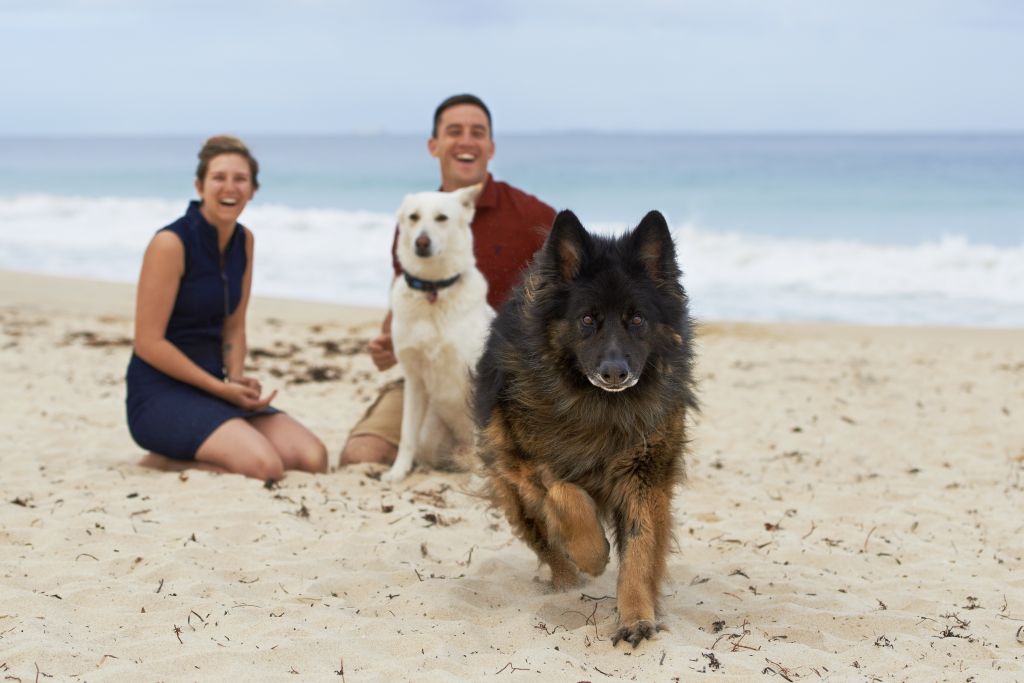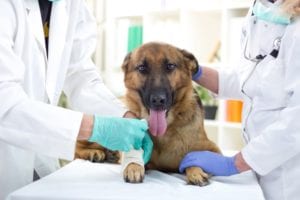How to Manage Your Cat or Dogs Weight: Pets, like humans, may put on a few extra pounds. And this is common as they age and either become less active or spend more time inside. On the other hand, keeping dogs and cats from gaining too much weight is crucial. Numerous health problems may arise in overweight dogs, making it difficult for them to have fulfilling lives.
Obesity is one of the most prevalent issues that veterinarians see in pets, affecting almost half of all cats and dogs. When it comes to overweight pets, the majority of owners are blissfully unaware.
So, how can you tell whether your canine or feline friend needs to trim down? How can you motivate your beloved pet to shed those excess pounds?
Telltale Indicators of Excess Weight in Cats and Dogs
Do you want to help your overweight cat or dog have a healthier life? Then you need to learn to spot the warning symptoms of obesity and start making adjustments to their food and exercise routine right away.
Are you worried about your pet’s weight? If so, make an appointment with your vet in Port Kennedy, Rockingham.
Perhaps your canine or feline friend has recently begun to ask for food more often, stopped leaping, or is having trouble getting in and out of the litter box. Perhaps they are less active and lethargic now than they were before. If your pet is overweight, you may notice any of these symptoms.
What Makes Pets Gain Weight?
Some aspects of weight increase, such breed, gender, age, and heredity, are beyond your pet’s control, just as they are for people. Older cats and dogs may gain weight for a variety of reasons, including inactivity, boredom, and overeating.
The most common reasons why dogs become overweight include overeating, eating the wrong foods, and not getting enough exercise. As luck would have it, pet owners have some say over these matters.
The Dangers of Pet Obesity on Their Health
Dangers faced by overweight or obese dogs and cats include:
- Limiting one’s lifespan
- Doing less exercise without sacrificing health
- Mobility issues and joint pain
- Problems with the heart, liver, and bladder
- Issues with the skin and a diminished ability to fight infections
- Issues with anesthesia and surgery
- Possible onset of arthritis and diabetes
- Growing apathetic and uninterested in physical activity and recreation
Monitoring the Weight of Your Pet
Consult a veterinarian if you are concerned that your dog or cat may become overweight or if you need assistance controlling your pet’s weight. Not only may they advise you on significant lifestyle changes, but they can also suggest a premium, vet-approved pet food.
In this way, you may limit your pet’s caloric intake without sacrificing any of the vital nutrients they need. In no time at all, your pet will feel revitalized, sleep better, and live longer, healthier lives.
Also, make sure your dog or cat is going in for checkups at the vet on a regular basis. Preventive medicine helps pets live longer, healthier lives.
Port Kennedy Pet Nutritional Guidelines
So, how to manage your cat or dogs weight? Regular preventive treatment, including health monitoring for overweight dogs, is available via a variety of economical wellness packages offered by Port Kennedy Veterinary Hospital to residents of Port Kennedy and Rockingham.
In addition to providing expert medical care, the team’s licenced veterinarians can provide sound advise on how to cut down on your pet’s food consumption. If your pet is overweight, it’s best to see a vet for help.




